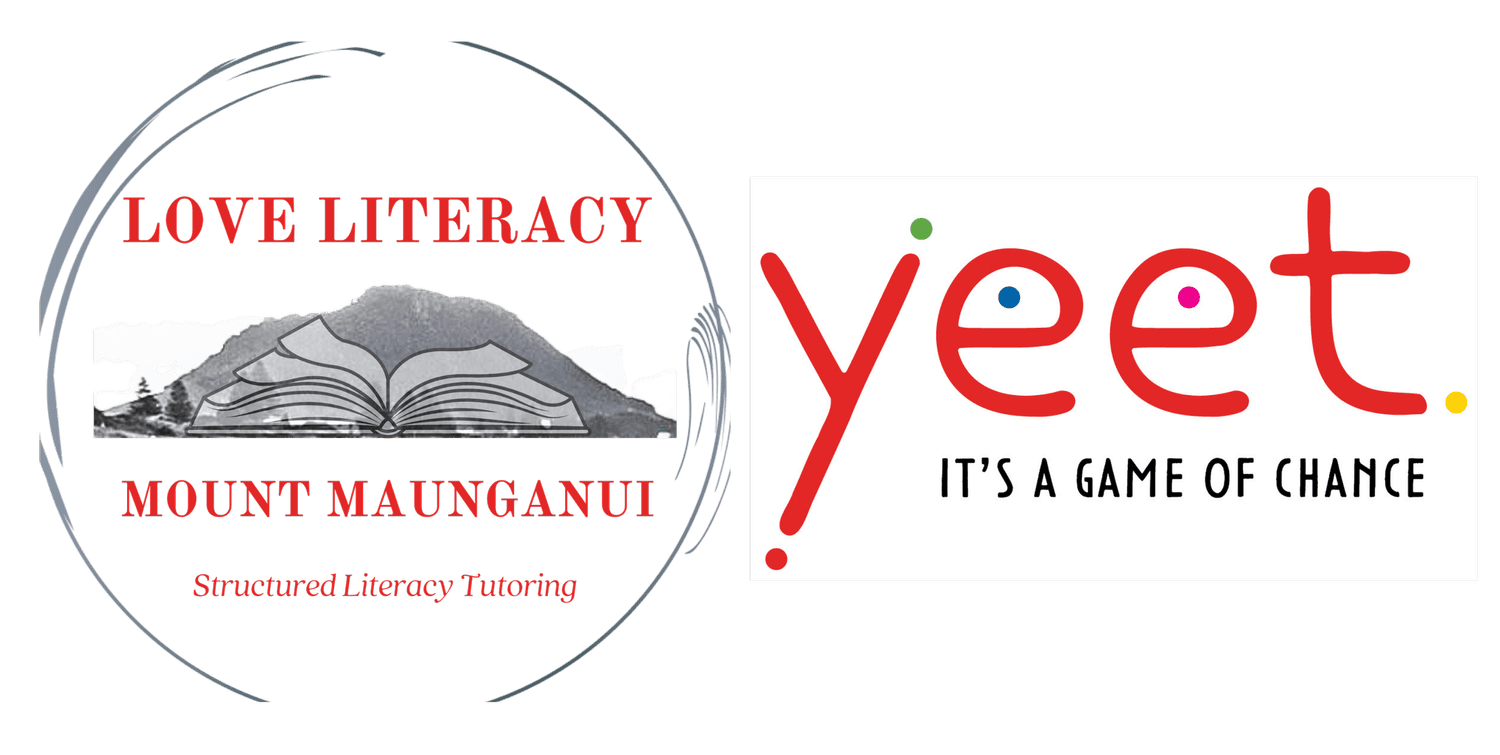Introducing Marīkī
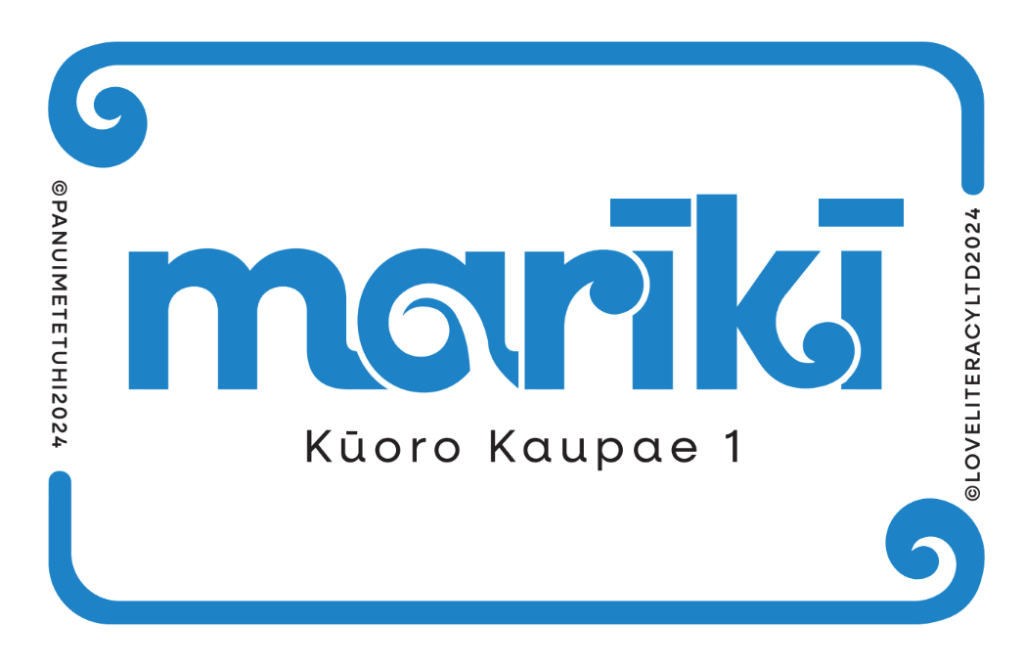
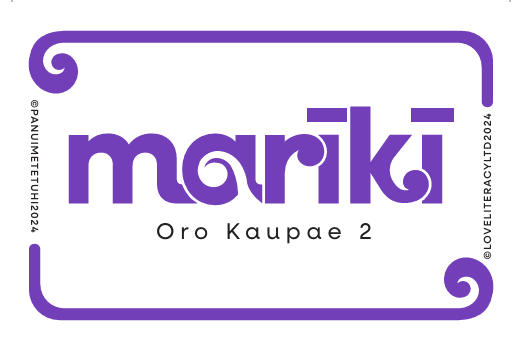
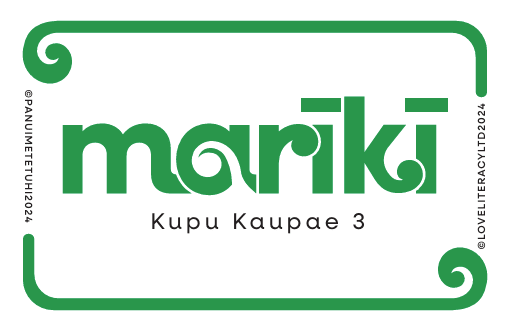
Marīkī was born from a passion for making structured literacy accessible in both English and Te Reo Māori. It all started when I attended a conference where Mahina Selby-Law from Mahi by Mahi spoke about the challenges of finding structured literacy games in Te Reo Māori. Her words stuck with me, and I saw an opportunity to make a difference. I contacted my good friend Tiana from Pānui Me Te Tuhi, a dedicated structured literacy educator in both languages. Together, we set out to create something new—and now we can share it with you!
What is Marīkī? Marīkī is a fun, fast, kēmu pānui that supports building literacy skills. Have fun and learn at the same time! Shuffle the deck, draw a kari, pānui out loud, and when a kari marīkī is drawn, steal kari from another player! The winner is the one with the most kari, after all kari have been drawn. Fun for all the Whānau, Marīkī has tamariki on the edge of their seats and puts the thrill into ako ki to pānui.
Here's What You Need to Know About Marīkī
The name Marīkī empowers tamariki to pānui (read) and kōrero (speak) through kēmu (games):
- Ma stands for Mana (power) and acknowledges the incredible work of Mahina Selby-Law, as we’ve followed her scope and sequence.
- Ri comes from Riti (to read).
- Ki comes from Kīkī (to speak).
As te ao hurihuri (our ever-changing world) continues to evolve, so too does the Māori language. New kupu are created to reflect emerging technologies and concepts. For example, Te Taitūperepere refers to a blossoming wave of youth—rising with force, excitement, and energy—and rorohiko combines the ideas of brain (roro) and power (hiko) to form the word for computer. We acknowledge and respect that each iwi and hapū may hold different whakaaro (views) about the creation and use of kupu hou.
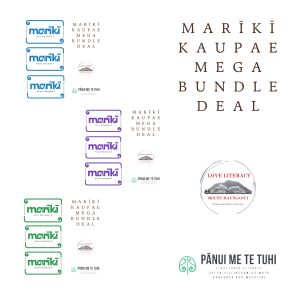
Shop the new Marīkī Game Now!
- There are nine packs in total, split across three stages: Kupu (words), Oro (
sounds), and Kuoro (syllables). - Each pack includes 54 cards, including Marīkī cards, a translation card (in some packs), and an instruction card.
- If you’ve played the Yeet game, you’ll already know the format—it’s fun and fast-paced!
